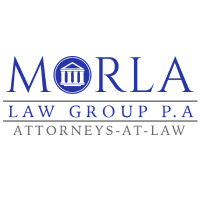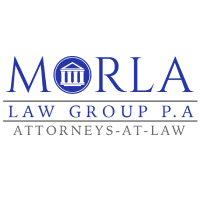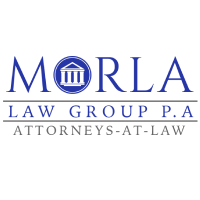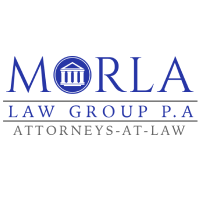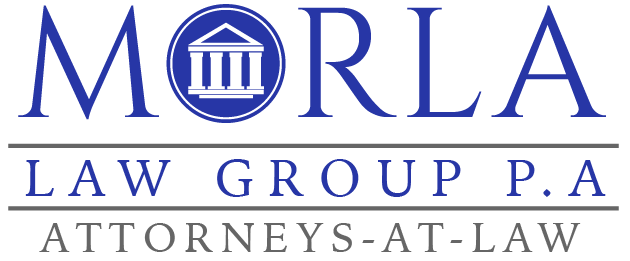Practice Areas
Client Reviews
Tampa, Florida Bankruptcy Attorney
Sometimes no matter how hard we try, our debt gets out of control. Whether it’s because you were recently laid off from work, had overwhelming medical bills or you went through a divorce, financial difficulties can wreak havoc on your life and lead to feelings of inadequacy.
Unfortunately, too often, consumers do not know their rights nor do they understand what options they have available to get out of debt.
Fair Debt Collection Practices Act (FDCPA) Violation
Regardless of who you owe, or how much you owe, debt collectors are required to abide by a code of conduct. Creditors may not harass you, must stop contacting you at work if they are asked to stop and must not threaten or deceive you in their attempts to collect a debt. Overly aggressive collection procedures may result in creditors or collection agencies being subject to steep fines and could ultimately result in your debt being eliminated. The Fair Debt Collection Practices Act has built in protections for consumers and if your rights are being violated, you should seek immediate assistance from an attorney.
Debt Resolution Assistance
In some cases, a creditor may be willing to negotiate a settlement with a debtor. However, it’s important to work with an attorney who understands the various options that may be offered and what the legal implications are of accepting these settlements. One tact that a creditor may take is waiving part of the debt but issuing a 1099-MISC form at year’s end and saddling debtors with a tax liability after they’ve written off the debt. Debtors must ensure the agreement with creditors for settlement of a debt is in writing and doesn’t contain onerous clauses.
Chapter 7 or Chapter 13 Bankruptcy
Consumer who are in no position to negotiate settlements on their debt may need to consider filing bankruptcy. Consumers should be aware Florida bankruptcy laws have stringent residency requirements and numerous restrictions. Under Chapter 13, consumers must create a payment plan to pay their debts off within five years. Chapter 7 bankruptcy allows consumers to eliminate most credit card, medical and other types of consumer debt. Back taxes are generally not able to be written off in bankruptcy. Other debts like student loans, child or spousal support and some judgments may also not be eliminated in bankruptcy.
You’ll have to work with a bankruptcy attorney to determine if you are eligible for Chapter 7 as a means test must be completed prior to filing. Bankruptcy filers are also required to complete certain counseling classes; an attorney can help you learn more about your options.
Contact Morla Law Group, P.A. if you are facing financial difficulty and considering filing bankruptcy or need help negotiating with creditors. We can also help if you are a victim of creditors who are harassing or threatening you.
